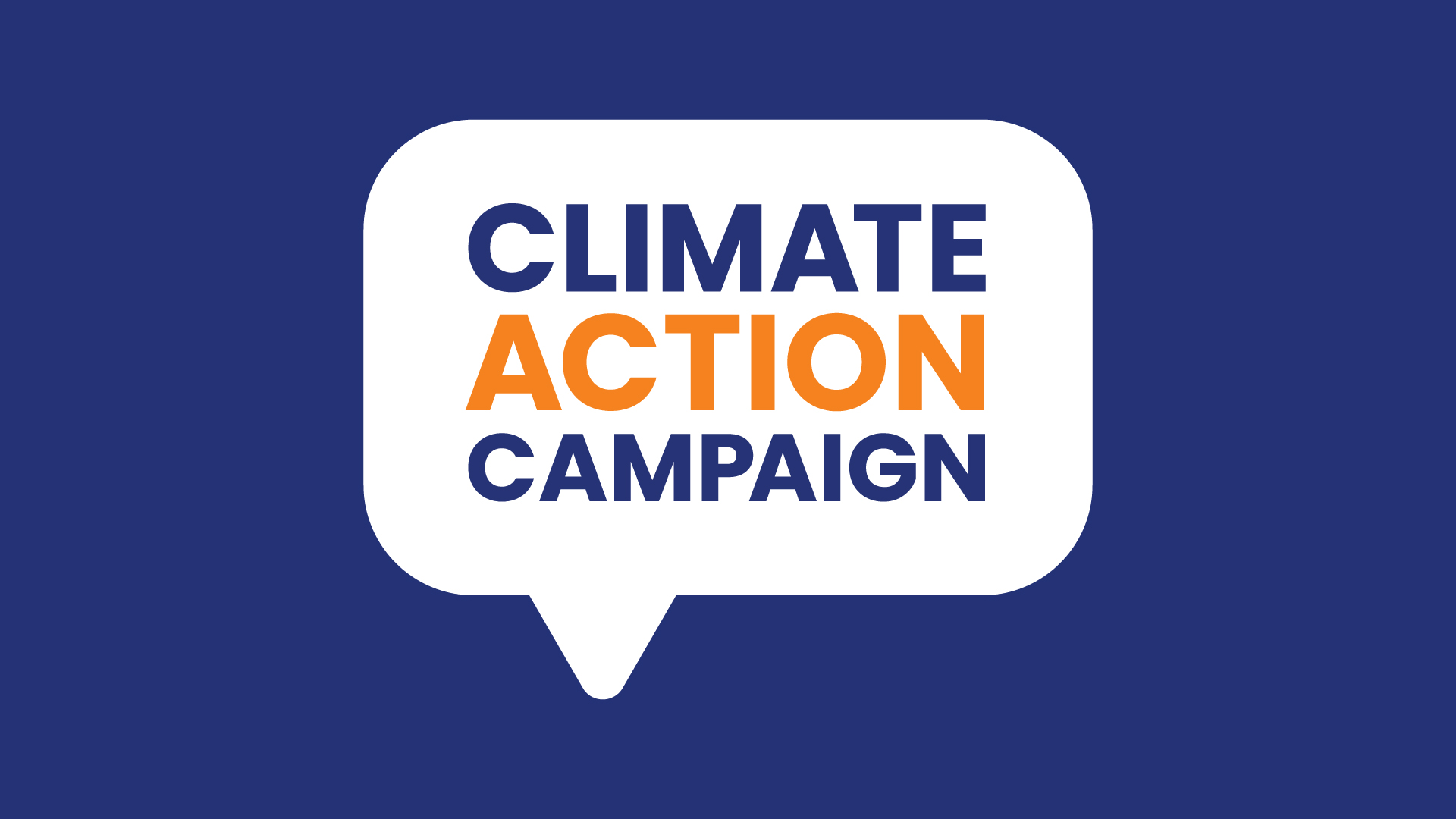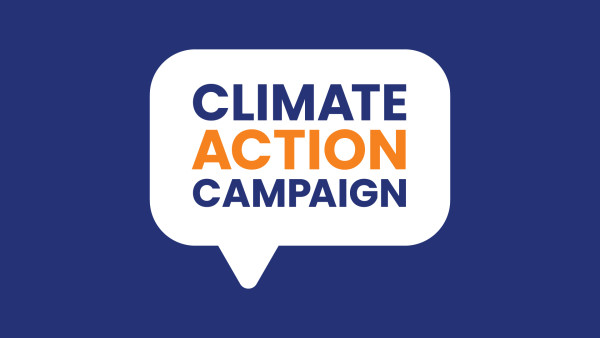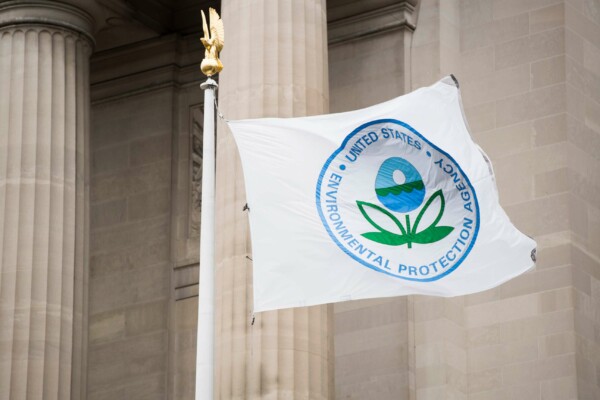Clark County Councilor Sue Marshall, Agriculture Leaders, and Farmers Underscore Continued Need for Critical Federal Funding to Combat Climate Change

Speakers call on federal officials to oppose any attempts to reduce investments in climate smart agricultural programs
(Vancouver, WA) – Today, public officials, farmers, and agriculture leaders convened a press conference to demonstrate how the federal Inflation Reduction Act (IRA), signed into law in 2022 by President Biden, is now providing critical funding for farmers to help them mitigate the dire impacts of climate change. Speakers highlighted the ways in which the IRA law is increasing climate-smart agricultural practices while bolstering the region’s robust agricultural economy.
The agriculture sector is both contributing to and suffering from the effects of the climate crisis. More frequent and intense storms, drought, air pollution, and other climate-related impacts are resulting in crop loss, land degradation, unhealthy conditions for farmworkers, higher costs to farmers and ranchers, greater challenges for communities experiencing food insecurity, and more unpredictable seasons affecting planting and harvest. At the same time, the agriculture sector itself accounts for 11% of the carbon pollution in the United States.
Clark County Councilor Sue Marshall stressed the importance of continued federal support, stating, "Our region thrives when our farmers thrive. The tools and resources provided by the Inflation Reduction Act are vital for helping them adapt to climate variability, which in turn supports the whole community’s well-being and economic health. This Act not only aids in reducing carbon pollution, but also bolsters our ability to manage the impacts of more frequent and intense weather events such as the detrimental effect of long weeks of wildfire smoke on agriculture and on workers, safeguarding our food supply."
Megan Kemple, Executive Director of the Oregon Climate and Agriculture Network, emphasized the critical support provided by the IRA. "With climate challenges increasing year by year, we need these federal investments in conservation programs now more than ever. Soil health practices supported by federal conservation programs are key to climate resilience for farmers and ranches, sequestering carbon, reducing greenhouse gas pollution, and protecting our food system from extreme heat, drought, and wildfires. By expanding these popular programs, we can ensure that every farmer who wants to participate can benefit, and do their part.”
In Washington State, climate change is significantly impacting agriculture, with rising temperatures and changes in water availability posing risks to its diverse crop production. The state is also seeing shifts in growing seasons and increased pest pressures. These climatic changes compel Washington farmers to adapt their agricultural practices to maintain productivity and sustainability amid evolving environmental conditions.
The IRA designates nearly $40 billion to climate-smart agricultural initiatives, including $19.5 billion to enhance conservation methods like low-till farming and carbon sequestration. An additional $14 billion encourages rural communities to adopt renewable energy sources, fostering both job growth and a cleaner environment.
Farmer Deb Howard from Willapa Bay Heritage Farm highlighted the immediate and future benefits of the federal initiatives, saying, "Engaging with our land and community with the support of the Inflation Reduction Act has been and will continue to be transformative. This funding not only has allowed us to enhance our sustainable practices — like our diverse crop rotations and solar energy projects — but has deepened our community connections through educational farm tours, local partnerships, and rural internet connectivity. It’s essential we continue to receive this federal support to further the vitality of our farm and community."
As the 2018 federal farm bill nears its expiration, safeguarding climate-smart agricultural investments is more crucial now than ever. Speakers also called on federal elected officials to thwart any attempts to reduce or redirect the money for climate smart agricultural programs during the consideration of a new Farm Bill.
Please find a full recording of the event HERE.


